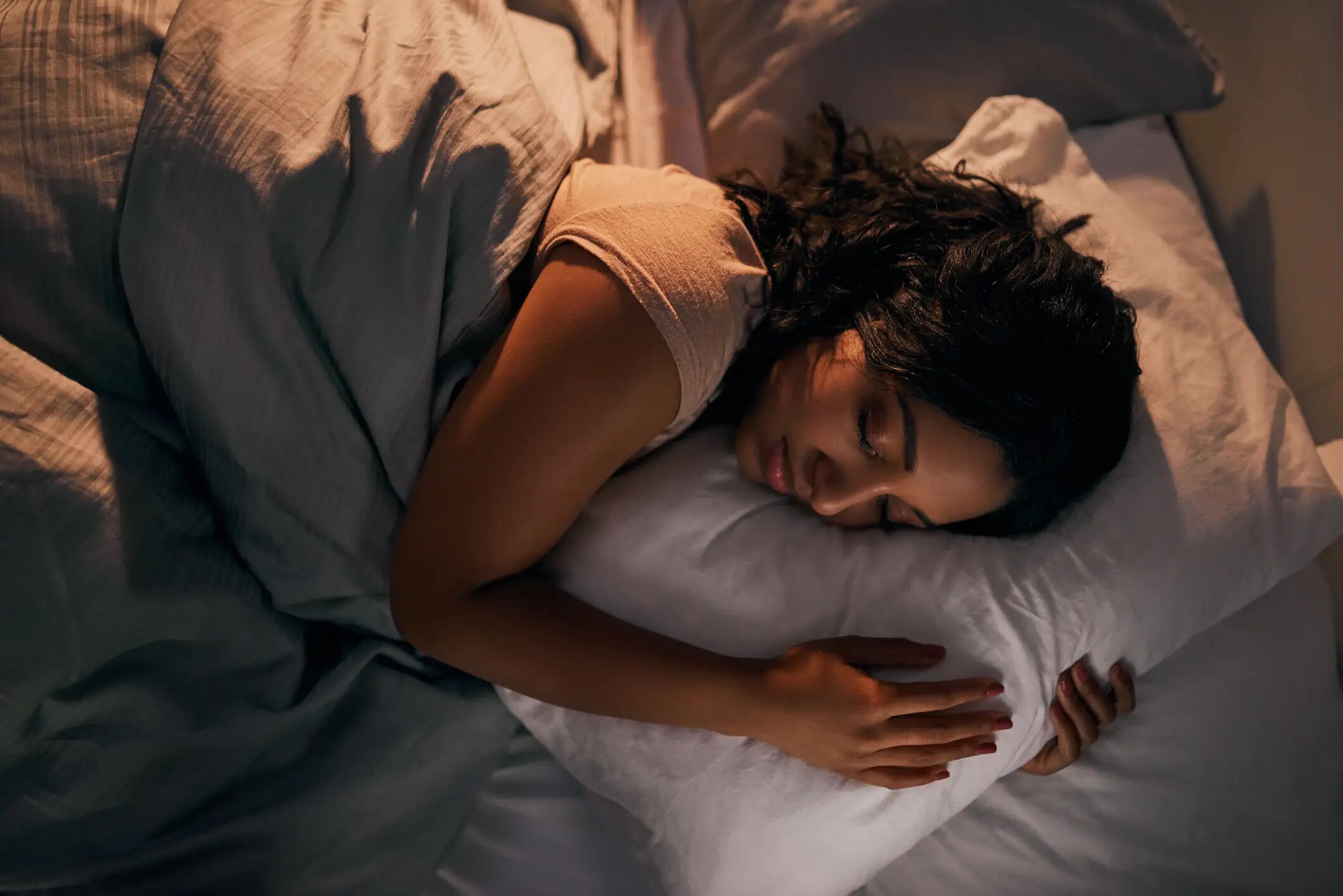You’ve heard it before, and we’ll say it again: sleep is important. Our emotions, our weight, our immune system, and our cognitive function are all tied up in the health of our sleep. Sleep deprivation has even been linked to early death! Knowing how important it is, how can you improve your sleep? We’ve got some tips.
Determine your own sleep requirements.
It’s a myth that everyone needs eight hours of sleep. In truth, sleep requirements vary widely. Some people need far less than eight hours, some people require more.
Keep a consistent routine.
When you go to bed and wake up at the same time every day, your body knows what it should do and when. This is true for people of all ages: babies and children need a consistent bedtime routine, so they know what to expect.
Don’t just lie there awake.
If you can’t fall asleep, or if you wake up in the middle of night and can’t fall back asleep, get up. Do something else until you’re drowsy again, so that your mind associates your bed with sleep and not mental alertness.
Watch what you do during the day.
Getting some exercise during the day can help you sleep better at night. Caffeine can keep you awake if you have it too late in the day but for some people, even having coffee in the morning can negatively impact their sleep. Alcohol might make you feel sleepy but can also disturb your sleep in the middle of the night.
Manage your stress.
Stress can disrupt sleep, but there are techniques that can help you deal with it. Mindfulness, muscle relaxation can be helpful, as can writing a list before bedtime to release the stress of the day.
Limit your screen time.
Turn off all of your electronics an hour or two before bed. It’s not just that the content can be overstimulating. The blue light of electronics is disruptive to melatonin, the sleep hormone. If you must use your phone before bedtime, lower the brightness and use a blue light filter.
Keep it cool.
Research indicates that the ideal temperature for sleeping is between 60°F and 67°F because body’s core temperature drops just before you fall asleep. Keeping cool can help keep you asleep.
Find a mattress that supports your individual sleeping needs.
Want to know one of the best ways to get a good night’s sleep? Find a bed that supports your spine, keeps you comfortable, and allows you to sleep soundly and wake up refreshed. When you’re ready for a new bed, check out Mancini's Sleepworld. To learn more, contact us or call 800-647-5337 today!
